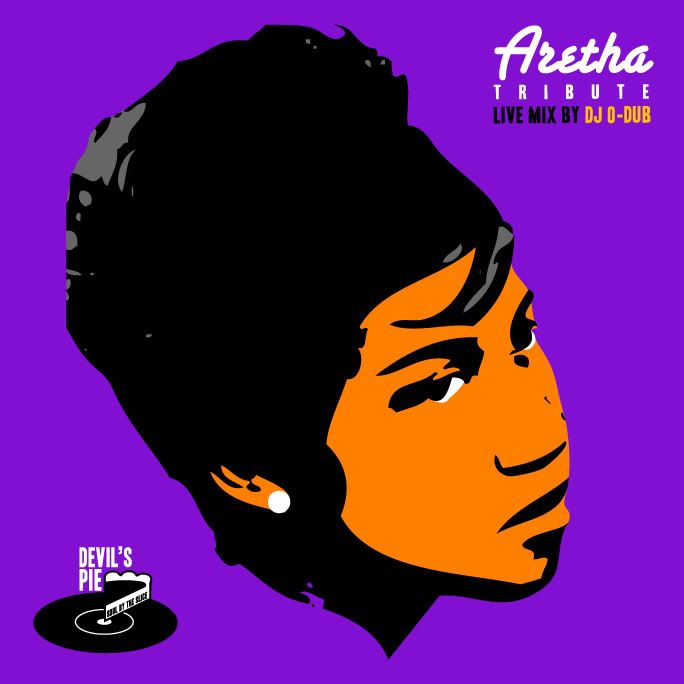A WORD WITH SAADIQ
posted by O.W.

Today, I got the chance to speak with Raphael Saadiq to talk to him about his latest album - the Grammy nominated The Way I See It, his upcoming tour, and some of his influences. OW chimed in with a few questions of his own.
You can get a glimpse of what his tour will sound like with this excellent video/mini concert from AOL Black Voices of Saadiq and band doing songs from his new album as well as a Shalamar medley!
EL: You've done a lot to keep the west coast on the map for R&B. You're from the Bay Area originally (and still live out there) and Cali has had legendary acts such as Sly & the FS and Shalamar. What is the most important thing you felt you've contributed for the west coast?
RS: I follow in the footsteps of those who do what they felt, to do what comes from the heart, and keep 100% true to that belief.
EL: Name some of your favorite Bay Area or California soul songs and/or albums. You can include your own, we won't hate you for it!
RS: Tower of Power's “Oakland Stroke;” Sly And The Family Stone's “There's A Riot Goin' On;” the second Carlos Santana album; Digital Underground's “Sex Packets;” 2Pac's “All Eyez One Me:” and Journey's “Lights”
EL: “Kelly Ray,” the iTunes bonus track, has a very 70s Hi Records sound, especially with the emphatic drum backbeat. The Tony! Tony! Tone! song “Thinking Of You” - it hit me recently how much of a Hi Records sound that record had as well, especially the way you draw out some of the lines and your enunciations – very Al Green-like. What kind of influence does the Hi Records sound have on you making music?
RS: It was played throughout my house growing up.
EL: The bonus song “Seven” that was on the FYE version of The Way I See It - some have said it's a reference to Michael Vick. Was that the basis for writing the song? Also, the music is quite reminiscent of the Four Tops “Still Water (Love)” - was that a reference point or inspiration as well?
RS: Not so much on the Four Tops. Michael Vick was the basis of “Seven.” Once something is done, you can't go back. That's where the line comes in about, “I just want to get my life back,” and back on track. You never know the circumstances behind why people do what they do. We never really know what people are going through and why he smoked before his trial. But the way the media portrayed it.... Sometimes I just base my writing off experiences I see (going on around me).
EL: You worked with some famous musicians on The Way I See It (such as Paul Riser and Jack Ashford from The Funk Brothers). What kinds of talks with them did you have involving the sound you were going for?
RS: Paul worked with Motown since he was 18. Jack Ashford did a lot of the percussion such as the bells. I didn't have to really say a whole lot to them. Those guys are legends.
OW: I don't know if you consider your album to be part of the so-called "retro-soul" movement that other groups, like Sharon Jones and the Dap-Kings or Nicole Willis and the Soul Investigators are a part of, but I am curious to hear any theories you may have about why the vast majority of retro-soul musicians, songwriters and consumers are all White Americans, Europeans and Australians?
RS: Because they believe in the sound. People have short memories. In America, people tear down the building after they build it; other places, they keep the building up. And in America, people don't take chances. There aren't a lot of pubs or band bars for people to play in. That scene is dead. And the overseas, they admire from afar.
OW: And a related question: why do you think more African Americans aren't involved - either as musicians or consumers - in retro-soul, considering that the music itself is so deeply tapped into this integral moment of Black music history? Do you think it's more structural - in other words, limitations in distribution and radio play - or more cultural, that is, some have argued that African Americans aren't nostalgic for this kind of sound the same way it seems like White listeners are.
RS: Black music follows trends. The musicians are trying to feed their families. (And he agreed that African Americans aren't nostalgic for that sound like White listeners are.)
EL: You've got an upcoming headlining tour coming up after doing some dates following the release of TWISI. What kinds of things can we expect to see on the tour? Any tricks in your hat?
RS: There will be a full band with a raw show, raw music, and some of the older stuff as well. No tricks involved.
Labels: interviews, soul/funk














